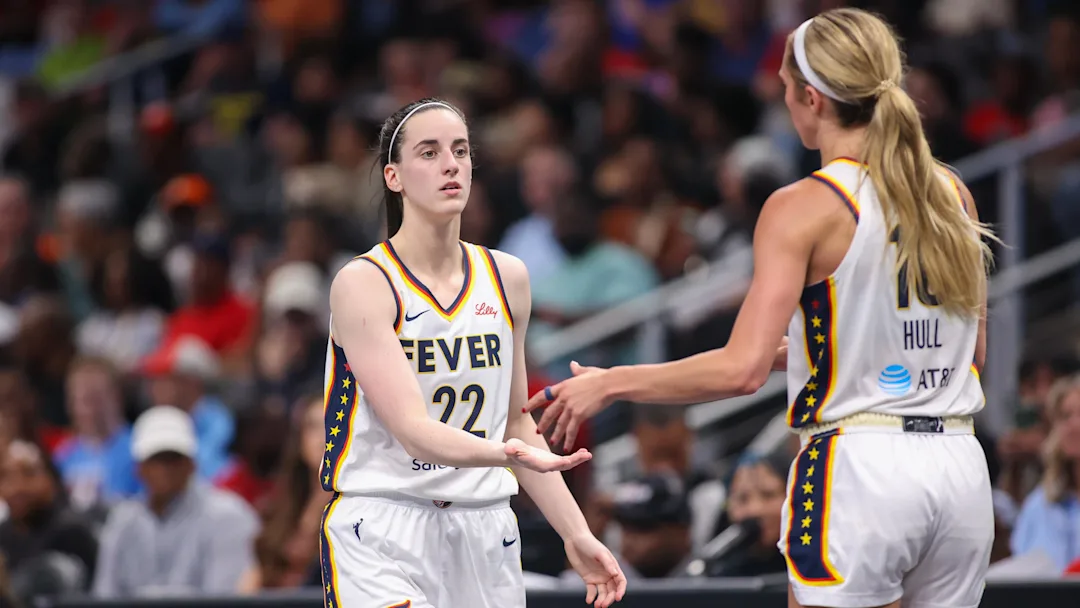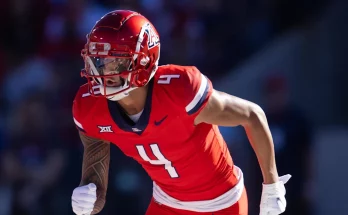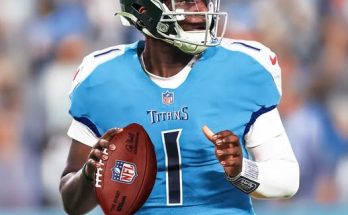The Indiana Fever entered the WNBA season with a mixture of hope and anticipation, energized by the arrival of their rookie sensation, Caitlin Clark. Her presence promised a new era for the franchise, one filled with excitement, dynamic offense, and leadership on the court. However, with Clark sidelined due to a left quadriceps strain, the Fever find themselves in an unfamiliar place — a position where they feel like they are starting over.
Lexie Hull, one of the team’s core guards, has been candid about how difficult the adjustment has been. Hull, who has steadily grown into a more prominent role this season, acknowledges that the team’s identity had begun to take shape around Clark’s unique skill set and playmaking ability. Now, without Clark’s game-changing presence, the Fever must recalibrate and redefine how they play, how they lead, and how they win.
“It feels like we’re starting over,” Hull said with a mix of frustration and determination. Her words perfectly capture the feeling inside the locker room and on the practice court. The Fever, once gaining momentum and building chemistry with Clark orchestrating the offense, suddenly find themselves navigating new dynamics and searching for a consistent rhythm.
Caitlin Clark’s impact goes beyond her statistics. She is the linchpin of the Fever’s offense — a floor general whose court vision and scoring ability uplift everyone around her. Her absence leaves a glaring hole not just in points or assists, but in energy, leadership, and confidence. Clark’s infectious enthusiasm and fearless approach gave the team a sense of invincibility in moments where others might falter. Without her, the Fever must dig deep and discover new sources of resilience.
Lexie Hull has been one of those sources. Though she arrived in the league without the same fanfare as Clark, Hull has carved out her own identity with a focus on defense, effort, and smart play. She brings a grit and steadiness that the Fever need now more than ever. With Clark out, Hull has stepped into a larger offensive role, taking more shots and shouldering more responsibility. She understands the weight of the moment.
“It’s on all of us to step up,” Hull explained. “We can’t just rely on one person. We have to be more aggressive, communicate more, and really trust each other on the court.” That mentality is vital, as the Fever navigate a season that is starting to feel like a rebuild in real time.
The challenges the Fever face without Clark are numerous. Offensively, they must generate scoring from multiple players rather than relying on a dominant star. They need to develop chemistry quickly as lineups shuffle and roles evolve. Defensively, the pressure increases because the team cannot afford to let opponents gain easy baskets. Hull’s defensive intensity is a critical element, inspiring teammates to raise their level of play.
Despite the adversity, Hull remains optimistic. She sees this moment as an opportunity for growth — not just for herself, but for the entire team. “This is where we find out who we really are,” she said. “When things get tough, that’s when you learn, you adapt, and you get better.”
Her personal journey this season reflects that ethos. Early on, Hull faced challenges, including inconsistent playing time and finding her rhythm against the league’s best competition. She worked tirelessly in practice, refined her shooting, and sharpened her defensive skills. Now, with increased minutes and responsibility, Hull is making a significant impact, proving she can be a reliable contributor on both ends of the floor.
The Fever’s coaching staff has recognized Hull’s growth and has entrusted her with leadership duties. She often takes charge in huddles, helps orchestrate defensive assignments, and provides encouragement when morale dips. Her calm and focused demeanor serves as a stabilizing force for a team in transition.
Yet, Hull knows this is a team effort. The pressure is on every player to elevate their game. Veterans must mentor younger players, role players must seize opportunities, and everyone must embrace the challenge of filling the void left by Clark. “No one player can do it alone,” Hull emphasized. “It’s about the collective. We’re a team, and we have to act like it.”
Off the court, the Fever have rallied around Clark as well. Even while injured, Clark remains engaged — attending practices, offering feedback, and encouraging teammates. Her leadership from the sidelines helps maintain a sense of continuity. The team is eager for her return, but until then, they understand they have to battle through adversity on their own.
This situation also forces the Fever to explore new strategies. Coaches are experimenting with different lineups and offensive sets, seeking combinations that maximize strengths and minimize weaknesses. Players like Hull are adapting to new roles, sometimes playing different positions or taking on unfamiliar responsibilities. The learning curve is steep, but the commitment is clear.
For fans, the Fever’s current journey is a reminder of the unpredictability and challenge of professional sports. Injuries can derail even the most promising seasons. However, they also highlight the resilience and depth of a team. Watching players like Hull rise to the occasion, showing grit and heart, gives supporters reasons to believe in the future.
Looking ahead, the Fever remain hopeful. Clark’s recovery timeline is uncertain, but the team expects her to return with the same fire and intensity that defined her rookie season. When she does come back, the Fever hope to have laid the groundwork for a more versatile and battle-tested team — one that has grown stronger through adversity.
Hull is eager to be part of that process. She knows the road won’t be easy, but she believes the Fever can come out better on the other side. “We’re building something special,” she said. “This is just the beginning.”
In many ways, the Fever’s current situation echoes a common theme in sports — the process of reinvention and resilience. When a star player goes down, teams are tested not just on talent, but on character and unity. How the Fever respond will define their season and shape their identity for years to come.
Lexie Hull embodies that spirit. From a promising rookie to a rising leader, she embraces the challenge with humility and grit. Her words and actions resonate with a team that refuses to give up, even when the path forward is unclear.
For the Indiana Fever, the season is a story still being written. They may feel like they’re starting over, but within that feeling lies a chance for renewal and growth. With Lexie Hull leading the charge, the Fever are ready to fight, adapt, and prove that even in the absence of their star, they are far from finished.



